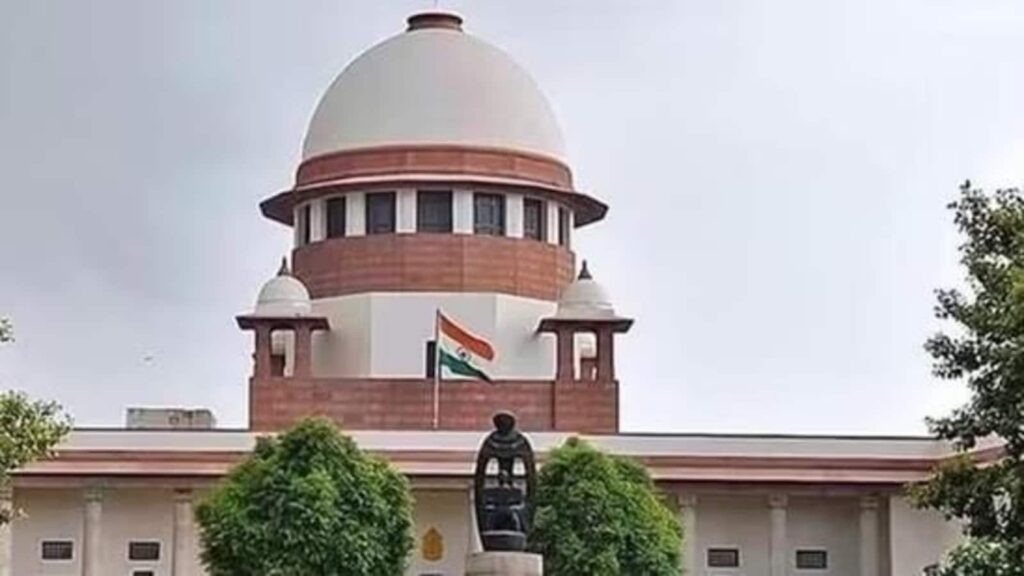Much has been said about justice as an abstract idea, but institutions seldom reflect on access to justice. Since his elevation, Chief Justice of India DY Chandrachud has set out to change this paradigm by constantly reminding people that in the absence of access, the idea of justice would be meaningless. On Monday, speaking at a conference on “Strengthening Access to Justice in the Global South”, the CJI picked out technology, infrastructure, physical accessibility to courtrooms, and gender neutrality as instruments that make justice accessible to citizens. These are practical measures that can truly facilitate the transformation of the Supreme Court (SC) into a “people’s court” as the CJI is wont to describe the apex court. Access to justice was recognised as a fundamental right by a Constitution Bench in Anita Kushwaha v Pushap Sudan (2016). A radical step by the SC in recent years to take the judicial system to the people is the introduction of online courtrooms. This measure has enabled litigants and lawyers living away from the national Capital to access the apex court at a minimal cost. It realises the vision that the right to approach the Court is the heart and soul of the Constitution.
An early intervention regarding access to justice was by VR Krishna Iyer, who introduced the Legal Aid (To the Poor) Rules in 1958 as law minister in Kerala. In the 1970s, the top court facilitated public interest litigation (PIL), which led to some of the most radical judgments on labour, gender and environment. And the National Legal Services Authority (NALSA) was established in 1995 to provide aid to weaker sections. The SC is today poised at a significant juncture. Issues ranging from the language in the courts to pendency and undertrials crowding prisons are awaiting SC’s intervention. The Court had so far taken baby steps to address them. It now seems to realise that much more needs to be done quickly to make access to justice a right for all.

